Cosatu not for regime change in Zim
23 March 2007
The Congress of South African Trade Unions (Cosatu) was not for "a regime change" in Zimbabwe but wanted a political solution that the Zimbabweans themselves "should be helped to work on", Cosatu's general secretary, Zwelinzima Vavi, said in a statement.
Calling on members of the union federation to support demonstrations to be held in solidarity with the Zimbabwean Congress of Trade Unions (ZCTU) on April 3 and April 4 - when a national stayaway has been called in South Africa's neighbouring country - Vavi said Cosatu welcomed the display of unity between the two factions of the Movement for Democratic Change (MDC) articulated by their attendance of a joint public event on March 10.
"We hope that this unity will extend to the Zimbabwe Congress of Trade Unions (ZCTU) as they embark on their national stayaway. This is the only way we can achieve change," said Vavi.
"The main aim of our support for the Zimbabwe people must be to force President [Robert] Mugabe to engage directly with the ZCTU, MDC and the rest of the formations, including business and civil society. We are not for a regime change in Zimbabwe - that's the business of Zimbabweans, if they so wish to change their government through democratic means. All we want is a solution that the Zimbabweans themselves should be helped to work on."
In recent weeks the crisis in Zimbabwe had "scaled new heights", said Vavi.
"We have seen the murder of activist Gift Tandare and the arrest, severe beating and torture of the leaders of the two MDC factions and many others opposed to the government."
"Last year the leadership of the ZCTU were so severely [assaulted] that they could not come to address the Cosatu's ninth national congress. Those beatings and wanton arrests continue unabated. Recently police have been raiding the offices of the ZCTU, harassing, threatening and beating staff, searching offices and seizing fliers, files and videotapes, and have arrested union activists campaigning in support of the national stay-away planned for April 3 and 4."
Vavi reported that "the [Zimbabwean] government is stopping at nothing to crush the resistance of opposition parties, civil society organisations and the trade unions and ruthlessly trample on human rights".
The Cosatu general secretary asked himself why the Zimbabwe had "sunk so low" from the days when it was liberated in 1980 and Zanu-PF - a liberation movement - was installed as the new governing party, Vavi said the 1980 victory of Mugabe's party had "inspired me, and many others, to redouble our efforts to defeat apartheid [in South Africa]. The wave of decolonialisation sweeping through Africa showed us the enemy could be defeated. It dramatically altered the balance of power in the region, and opened a new front for our liberation movement.
Yet, the underlying social problems of poverty, unemployment and inequality remained "and were made even worse by the International Monetary Fund and World Bank-inspired economic structural adjustment programmes (ESAPs), which left the government without a coherent economic strategy. To this were added the unfair terms of trade, which hit all developing countries".
"The government began to move away from redistributive economic policies towards measures to attract foreign investment. Investment in health, education and other social services was cut. Privatisation and public service downsizing led to massive retrenchments."
Vavi noted that the government also failed to address the land question, which had always been at the core of the liberation struggle. The land was largely in the hands of whites, but for 20 years the government did nothing.
Then, to deflect attention from the destruction caused by embracing ESAPs and faced by the growing protest from the ZCTU and the real electoral threat from the MDC, the government suddenly launched its chaotic land grab campaign, "to mask its dismissal failure to deal with land question in its 20 years of rule".
Zimbabwe flagrantly disregarded the law and unleashed a wave of violence by pro-Zanu-PF hooligans, much of it directed at farm workers, Vavi said, adding:
"It was also a well-timed electoral gimmick by a leadership that had run out of ideas. It became a policy that discredited the whole land redistribution process."
Meanwhile, the government became increasingly heavy-handed, intolerant of dissent and political plurality, expressed in the tendency to label anyone who criticised government "as counter-revolutionary and an enemy of the revolution".
"The government has ruthlessly repressed the trade union movement - the mainstay of the forces calling for change. Meetings and demonstrations have been banned; leaders have been arrested and beaten and the government has tried to promote divisions, splits and violence using stooges in their payroll.
The ZCTU has nevertheless stood firm against the most intolerable attacks," Vavi concluded.
I-Net Bridge
Inbox full of unwanted email? Get leading protection and 1GB storage with All New Yahoo! Mail.

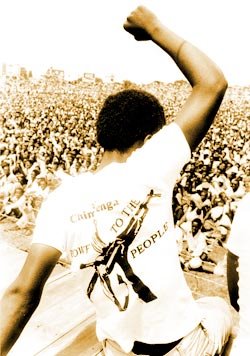
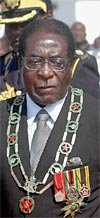
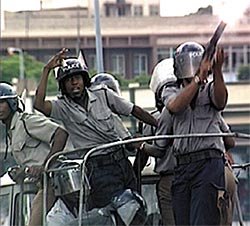


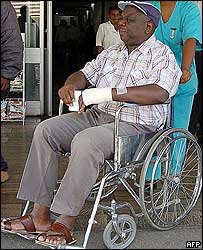
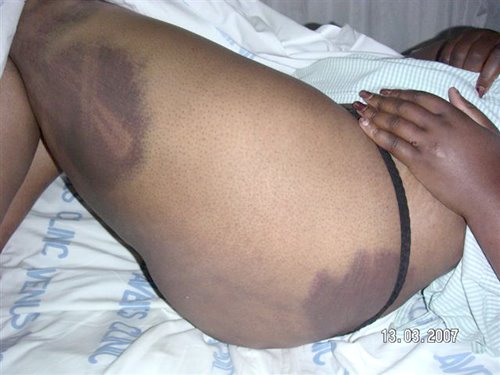
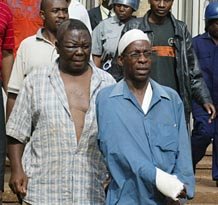
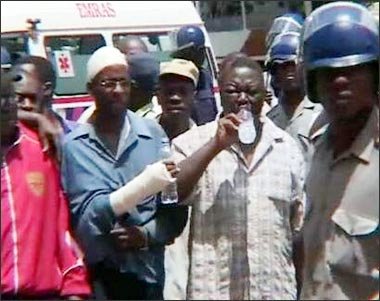
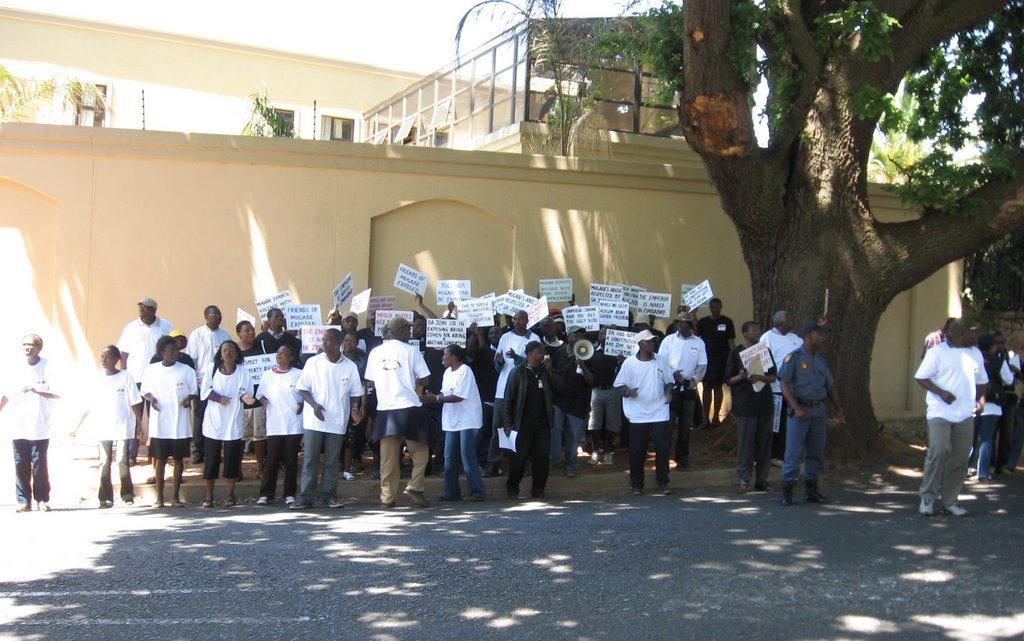
No comments:
Post a Comment